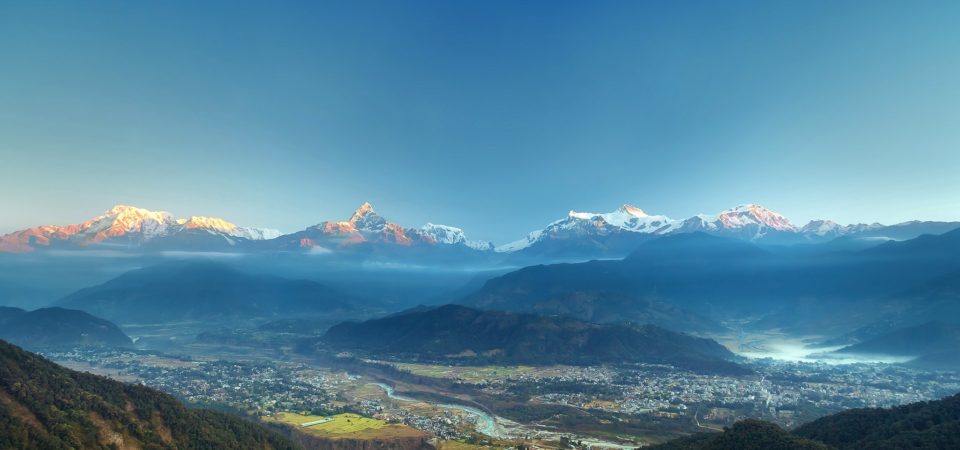The biosphere is as important as life itself because it is all of life. Without the biosphere, Earth would be a lifeless planet such as Mars or Venus. As natural resources are rapidly depleting human instability increases. We must devise ways for the sustainable use of our biosphere. There are others who believe human beings will find a solution to this ‘resource exhaust’ out in space or through technology. However without our biosphere, it’s useless.
The biosphere includes water bodies (hydrosphere) and parts of the lower atmosphere and the upper lithosphere. Our habitat is limited in this thin layer of biosphere and all natural resources we ‘exploit’ are concentrated here. We need to designate within our countries biosphere reserves in which we educate human beings about the delicacy of this thin life-supporting global skin or membrane of air, water, soil and organisms. To maintain a global natural ecosystem for future generations we need to recognize the challenge beginning from today.
The Millennium Alliance for Humanity and the Biosphere needs to improve the relationships between people and their environments. In our environment everything is made from biosphere materials. We need to save the water, plants and animal species who control all life services.
Biosphere reserves exist in each of the 193 bio-geographical zones of earth. Today there are 651 biosphere reserves, including 15 trans-boundary sites, in 120 countries, in the regions of the world. Ideally, each reserve should be large enough to prevent gradual species loss and combine both conservation and sustainable use of natural resources.
Everybody is well aware that Nepal is rich in natural resources, but due to increasing population, carbon, hazard mitigation, deforestation, and killing of animals our ecosystem is being harmed now and more serious damage is looming. For survival man kills and destroys the biosphere and while, yes we need to survive, the important thing is how we survive. How we survive determines how future generations survive. We must think about that future and educate people now about the biosphere and why it’s important.
A good candidate for Nepal’s first biosphere reserve could be “Protecting our forest”. The forest of Nepal has a great biological, cultural, and religious diversity and also provides for future generations the beauty and health of Nepal. We need to create a large network to promote international co-operation through knowledge sharing, experience exchange, capacity building and best practices. People of Nepal should be the core of this endeavor and from that core build an international network.
To solve and save the biosphere (this planet), we need to build the capacity of local initiatives, community education and create conservation groups in collaboration with education and committed individuals in their efforts to improve their environment, inspire change, and become self-sustaining.
Binod Sharma is an active MAHB Community member who lives and works as a consultant in Nepal. He is a consultant for web-interface in WaterWorld and CostingNature from Imperial College London-2016. Sharma works in action for Sustainable Development Nepal in the position of General Secretary and has eight years of experience in the field of Information Technology Specialist/Proposal Technical Support Team in Engineering Consultant Nepal (2008-2015). Sharma completed his degree in Bachelor of Business Studies (TU, 2005), and also pursued professional studies online in Ecology and Population Studies with a course in Renewable Energy Sources. Sharma holds diplomas in Social Works and Project Management, a Bachelor of Computer Application degree, and is continuing his Master of Computer Application.
The MAHB Blog is a venture of the Millennium Alliance for Humanity and the Biosphere. Questions should be directed to joan@mahbonline.org
MAHB Blog: https://mahb.stanford.edu/blog/saving-biosphere-nepal/
The views and opinions expressed through the MAHB Website are those of the contributing authors and do not necessarily reflect an official position of the MAHB. The MAHB aims to share a range of perspectives and welcomes the discussions that they prompt.
